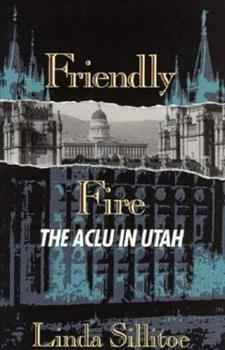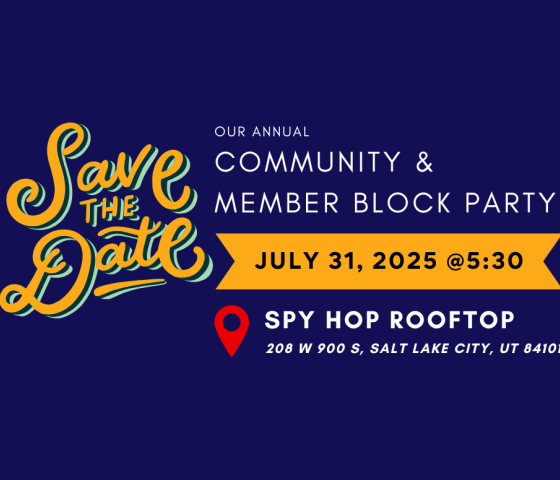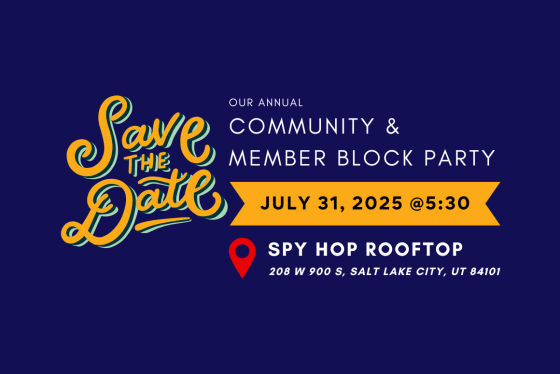Founding and Early Work
In 1958, spurred by the political environment created by the McCarthy hearings and the blossoming Civil Rights Movement in the south, Adam Mickey Duncan, an attorney and a member of the Utah House of Representatives, helped secure the charter for the ACLU of Utah from the national ACLU. He and co-founders Spencer W. Kimball, Dean of the University of Utah Law School, and Stephen Smoot were tireless advocates of racial equality, separation of church and state, and free speech.
Those interested in reading more about the early history of the ACLU of Utah should acquire a copy of Friendly Fire: The ACLU in Utah by Linda Sillitoe (Signature Books, 1996).
The information below is only a partial history of the Utah Affiliate of the ACLU. The ACLU of Utah operates through public education, legal advocacy, litigation, and lobbying at the state and local levels to ensure the constitutional rights and freedoms of everyone living in or visiting Utah. Our work is based on those principles outlined in the Bill of Rights, and our priorities include: Participatory Democracy; Racial Justice; Immigrants' Rights; Religious Liberty & Freedom of Belief; and Privacy & Technology. In addition, we continue our commitment to reform the Utah criminal justice system, protect the First Amendment, reproductive freedoms, and equality for all.


